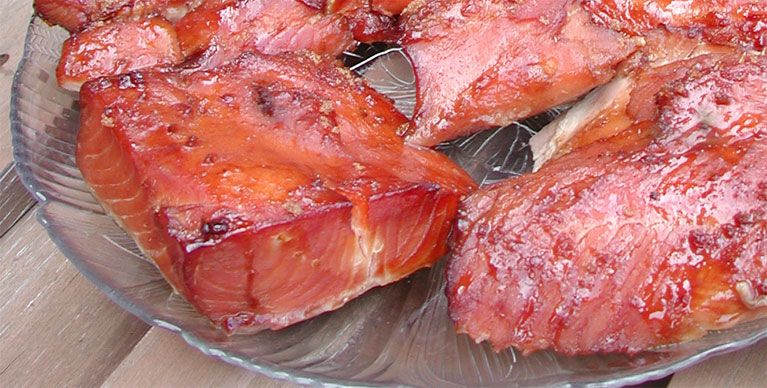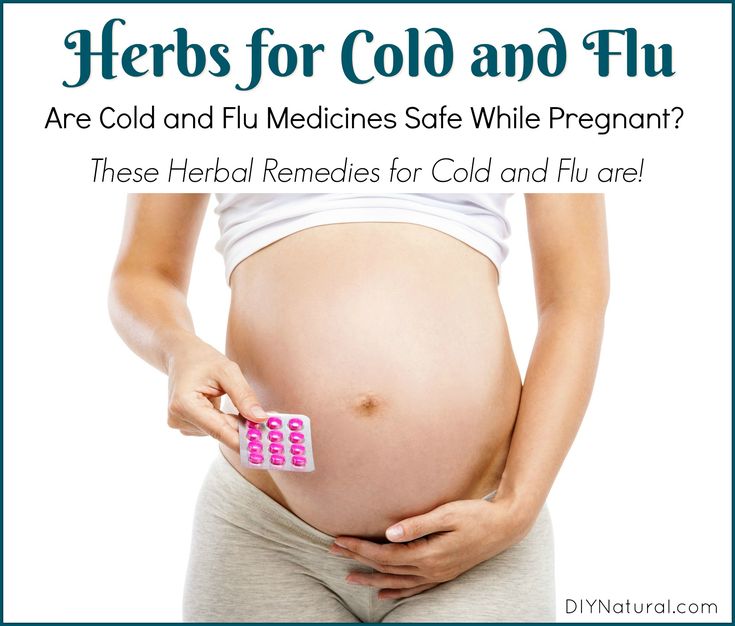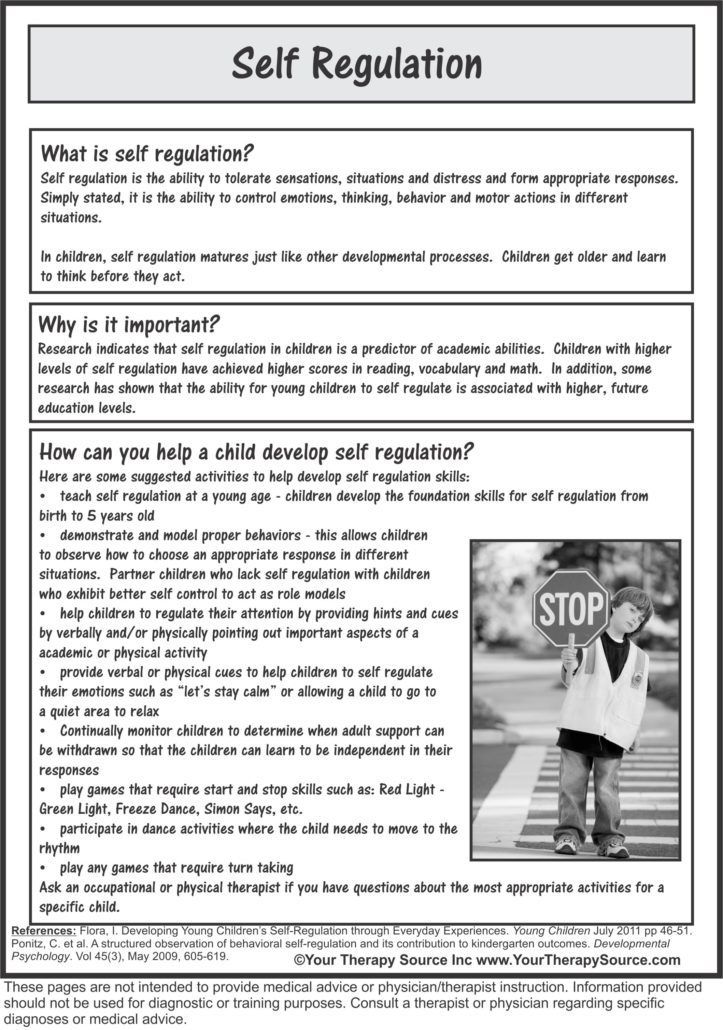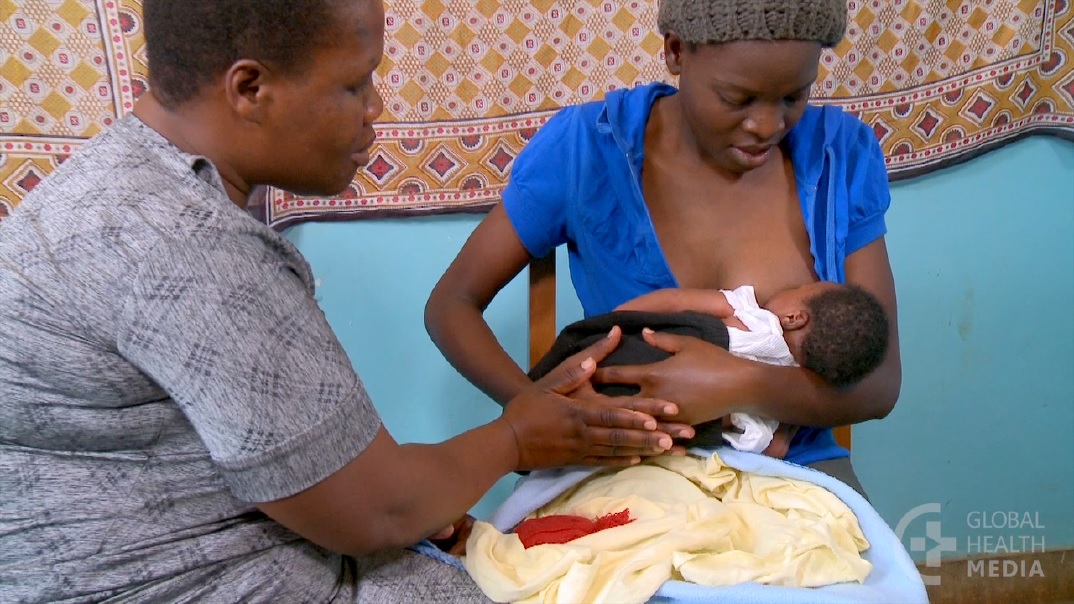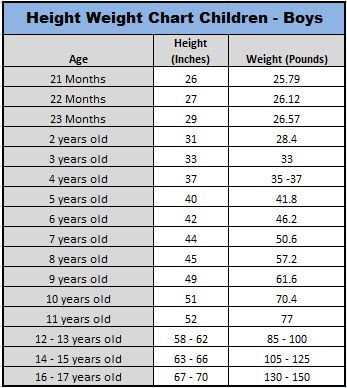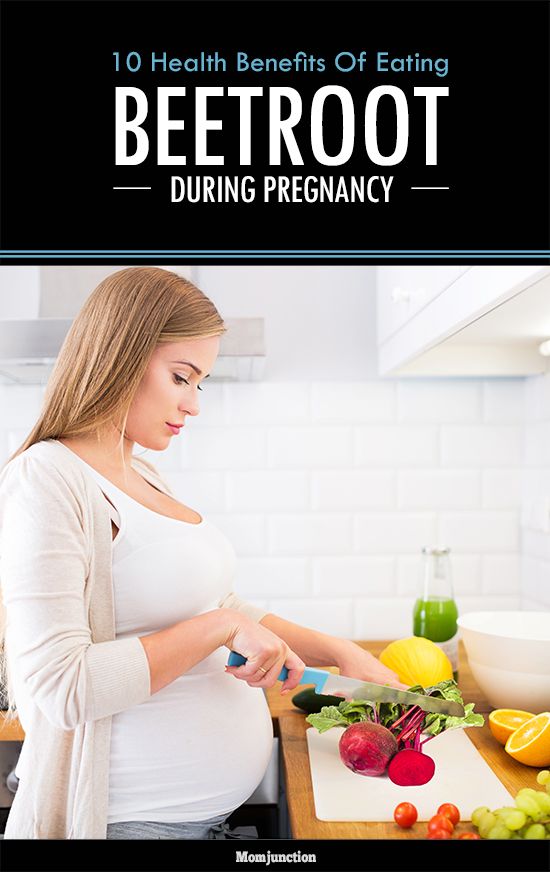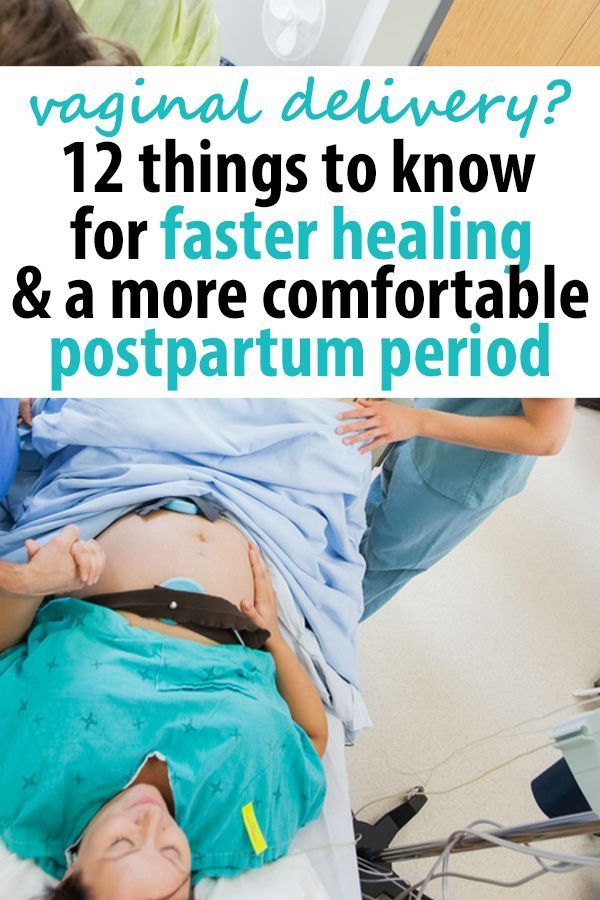Smoked salmon during pregnancy
Should You Eat Smoked Salmon During Pregnancy?
Some pregnant women avoid eating fish due to mercury and other contaminants found in some fish species.
Yet, fish is a healthy source of lean protein, healthy fats, vitamins, and minerals. The Food and Drug Administration (FDA) even recommends that pregnant and breastfeeding women eat 8–12 ounces (227–340 grams) of low mercury fish each week (1).
Salmon is considered low in mercury. Still, since some varieties are undercooked, you might wonder whether it’s safe to eat smoked salmon during pregnancy.
This article explains whether pregnant women can safely eat smoked salmon.
Smoked salmon is categorized as either cold- or hot-smoked depending on the specific curing method:
- Cold-smoked. The salmon is dry-cured and smoked at 70–90℉ (21–32℃). It isn’t fully cooked, which results in a bright color, soft texture, and strong, fishy flavor.
- This type is often served with spreads, in salads, or atop bagels and toast.
- This type is often served with spreads, in salads, or atop bagels and toast.
- Hot-smoked. The salmon is brine-cured and smoked at 120℉ (49℃) until its internal temperature reaches 135℉ (57℃) or higher. Because it’s fully cooked, it has firm, flaky flesh and strong, smoky flavor.
- This kind is usually served in creamy dips, as an entrée, or atop salads and rice bowls.
In short, cold-smoked salmon is undercooked while hot-smoked salmon should be fully cooked when prepared properly.
Due to the health risks of eating undercooked seafood, pregnant women should not eat cold-smoked salmon.
Labeling
It’s common to see various smoked salmon products at grocery stores or on restaurant menus. Sometimes these products come packaged in vacuum-sealed pouches or tin cans.
Often, food labels state the smoking method. Some even note that the product is pasteurized, which indicates that the fish has been cooked.
If you’re unsure whether a product has been hot- or cold-smoked, it’s best to check with a server or call the company.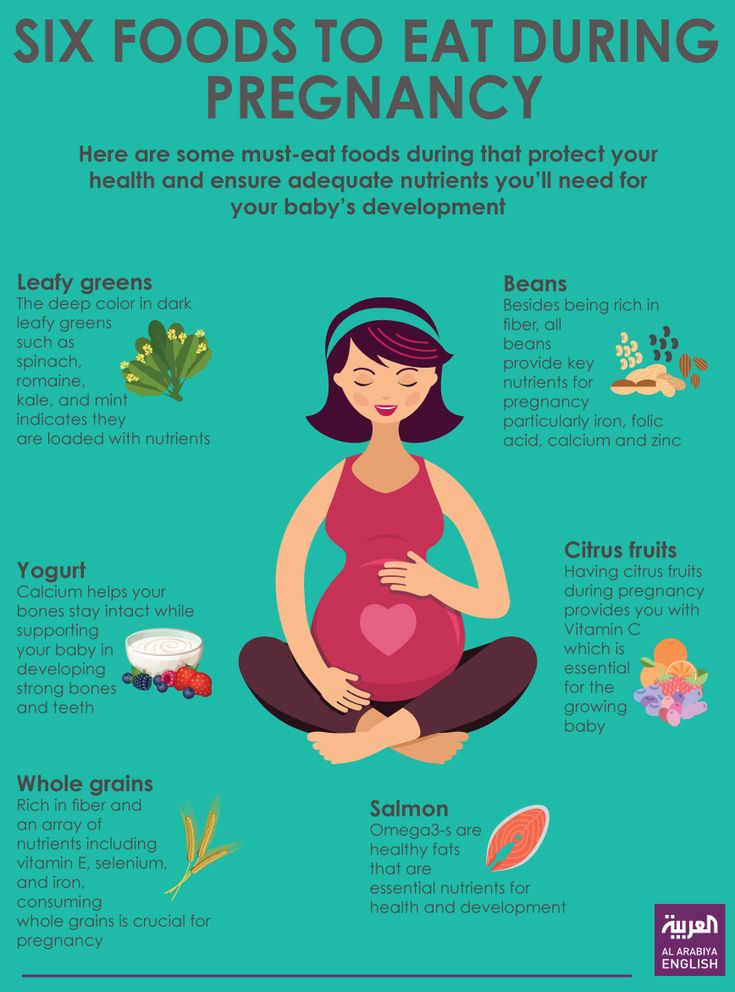
Other names for cold-smoked salmon
Cold-smoked salmon may be labeled under a different name, such as:
- pâté
- Nova style
- fish jerky
- kippered
Lox and gravlax style salmon have been cured in salt but not smoked. As such, they’re considered uncooked fish. Refrigerated fish jerky is considered undercooked fish, while jerky that’s canned or shelf-stable is considered safe to eat during pregnancy without extra cooking (11).
summaryWhile cold-smoked salmon is smoked at a low temperature and isn’t fully cooked, hot-smoked salmon is smoked at a higher temperature and usually fully cooked.
One 3.5-ounce (100-gram) serving of smoked salmon provides numerous beneficial nutrients for pregnant women. These include (2):
- Calories: 117
- Fat: 4 grams
- Protein: 18 grams
- Carbs: 0 grams
- Vitamin B12: 136% of the Daily Value (DV)
- Vitamin D: 86% of the DV
- Vitamin E: 9% of the DV
- Selenium: 59% of the DV
- Iron: 5% of the DV
- Zinc: 3% of the DV
Fish is rich in many of the nutrients necessary for healthy fetal growth and development, such as iodine and vitamins B12 and D (3).
Compared with other sources of protein, fish is often higher in the omega-3 fatty acids EPA and DHA. DHA plays an especially important role during pregnancy by contributing to fetal brain development, and it has been linked to better infant and child development (4).
Further, multiple reviews on fish intake during pregnancy demonstrate that the benefits of eating low mercury fish outweigh the potential risks for infants’ brain development (3, 4, 5, 6).
Still, there are several risks associated with eating cold-smoked salmon.
High risk of listeria
Eating raw or undercooked fish like cold-smoked salmon may cause several viral, bacterial, and parasitic infections.
This is especially true for pregnant women, who are up to 18 times likelier to contract Listeria than the general population. This infection can pass directly to a fetus through the placenta (7, 8, 9).
This foodborne illness is caused by Listeria monocytogenes bacteria.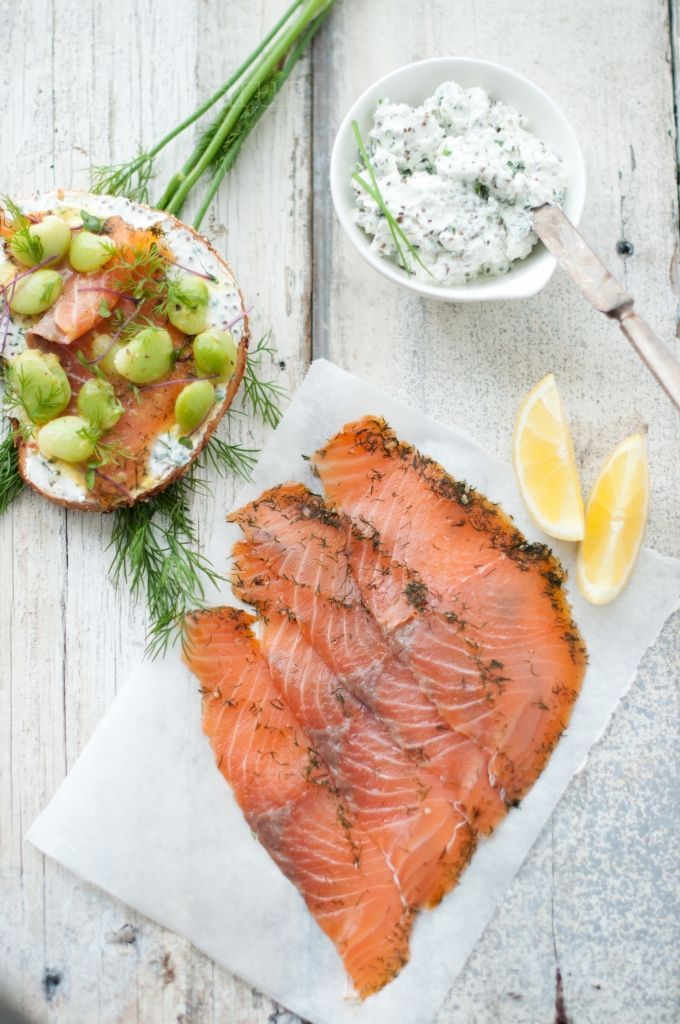 Although the symptoms range from very mild to severe in pregnant women themselves, the illness can cause severe and even fatal side effects for unborn babies (7, 10).
Although the symptoms range from very mild to severe in pregnant women themselves, the illness can cause severe and even fatal side effects for unborn babies (7, 10).
Listeria in pregnant women and unborn babies can result in (7, 11):
- premature delivery
- low birth weight of newborns
- meningitis (inflammation around the brain and spinal corn)
- miscarriages
Some signs of Listeria in pregnant women include flu-like symptoms, fever, fatigue, and muscle aches. If you notice these symptoms while pregnant and think you might have contracted Listeria, contact your healthcare provider immediately (8).
To reduce your risk, it’s best to avoid raw or undercooked fish like cold-smoked salmon, as well as other sources like deli meats while pregnant (12, 13, 14).
To ensure Listeria bacteria have been killed, you should heat even hot-smoked salmon to 165℉ (74℃) before eating it (11, 15).
May cause parasitic worms
Eating raw or undercooked salmon also poses a risk for parasitic infections (16).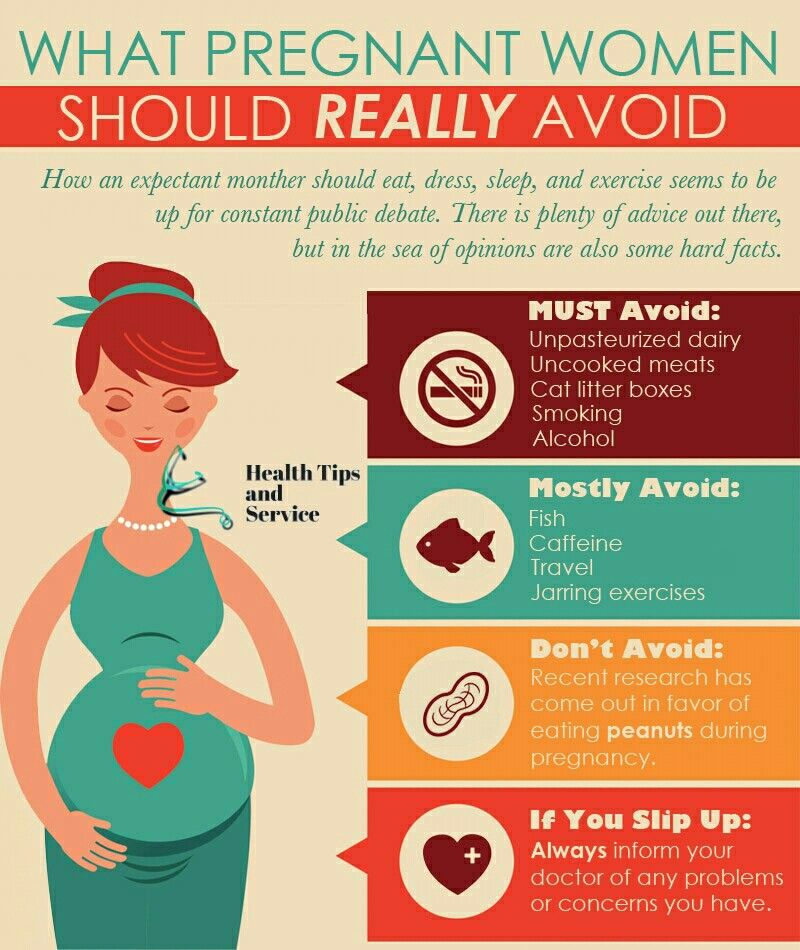
One of the most common parasites in raw or undercooked salmon are tapeworms (17, 18).
Tapeworms can cause stomach pain, nausea, diarrhea, and sudden or extreme weight loss. They may also result in nutrient deficiencies and intestinal blockages (19).
The best way to kill parasites like tapeworms in salmon is to deep freeze the fish at -31℉ (-35℃) for 15 hours, or heat it to an internal temperature of 145℉ (63℃).
High in sodium
Both cold- and hot-smoked salmon are initially cured in salt. As such, the final product is often packed with sodium.
Depending on the specific curing and preparation methods, just 3.5 ounces (100 grams) of smoked salmon may contain 30% or more of the daily max recommended sodium intake of 2,300 mg for pregnant women and healthy adults (2, 20).
A diet high in sodium during pregnancy is linked to an increased risk of gestational high blood pressure and preeclampsia, both of which have dangerous side effects for mothers and newborns (21, 22).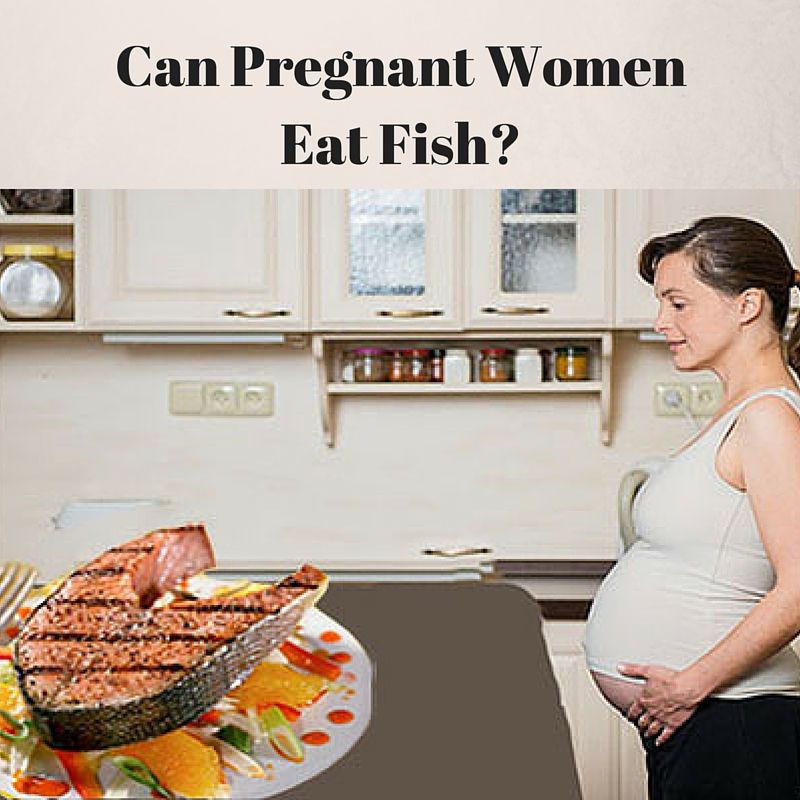
Therefore, pregnant women should only eat salt-cured foods like hot-smoked salmon in moderation.
summaryPregnant women can safely eat hot-smoked salmon when heated to 165℉ or shelf-stable forms, but cold-smoked salmon puts you at risk of tapeworm and Listeria infections. You should never eat uncooked cold-smoked salmon if you’re pregnant.
While smoked salmon is very nutritious, it’s important to avoid unheated cold-smoked varieties if you’re pregnant. These types aren’t fully cooked and pose serious health risks.
On the other hand, hot-smoked salmon is fully cooked and shouldn’t cause dangerous infections. However, if the hot-smoked salmon wasn’t previously heated to 165℉, make sure to do that before eating it to ensure safety. Shelf-stable smoked fish choices are also safe.
Therefore, it’s best to only eat hot-smoked or shelf-stable salmon while pregnant.
Can I Eat Smoked Salmon Whilst Pregnant? Is It Safe?
Last Updated on September 12, 2022
New as of September 2022: The Food Standards Agency in the UK has now updated its advice.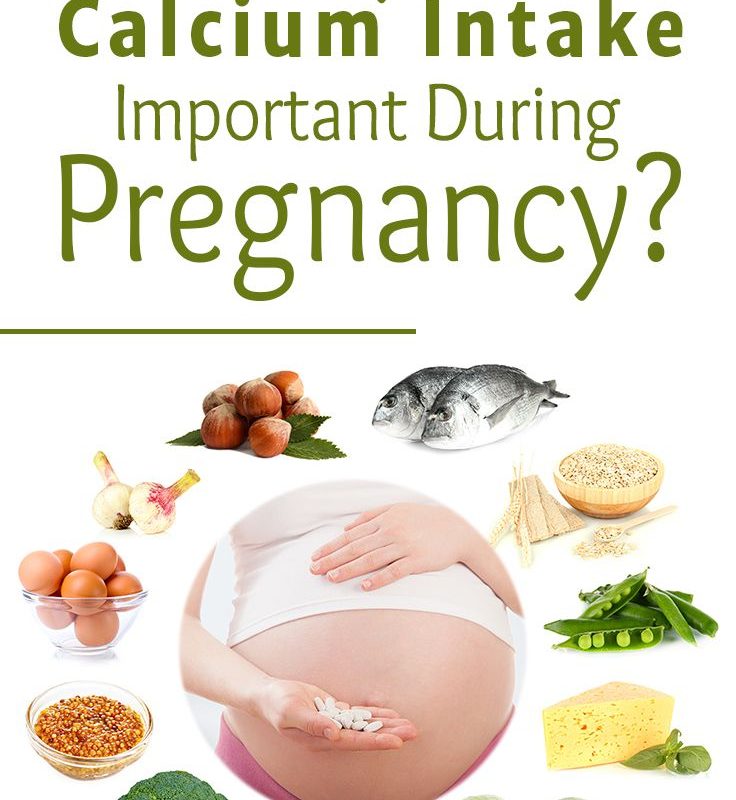 Cold-smoked, uncooked salmon is now considered a higher listeria risk in Britain, as it is already in the USA and other countries. Read on for the latest information.
Cold-smoked, uncooked salmon is now considered a higher listeria risk in Britain, as it is already in the USA and other countries. Read on for the latest information.
Smoked salmon is one of the trickiest foods to classify for safety in pregnancy. The web is full of conflicting information and, until recently, the advice varied from country to country.
I decided to put together a complete guide on whether pregnant women should eat smoked salmon, and in what form.
Pregnant women can safely eat “hot-smoked” salmon as the fish is cooked during the smoking process. “Cold-smoked” salmon in pregnancy can be eaten if it’s shelf-stable, or fully cooked. “Ready to eat” cold smoked salmon should be avoided. In all cases, quantity guidelines for salmon should be followed.
Smoked salmon takes many forms, and it’s important to analyze what kind of smoked salmon you’re eating if you’re pregnant.
Here, I’ll explore each type and examples of where you might find and eat different types of smoked salmon.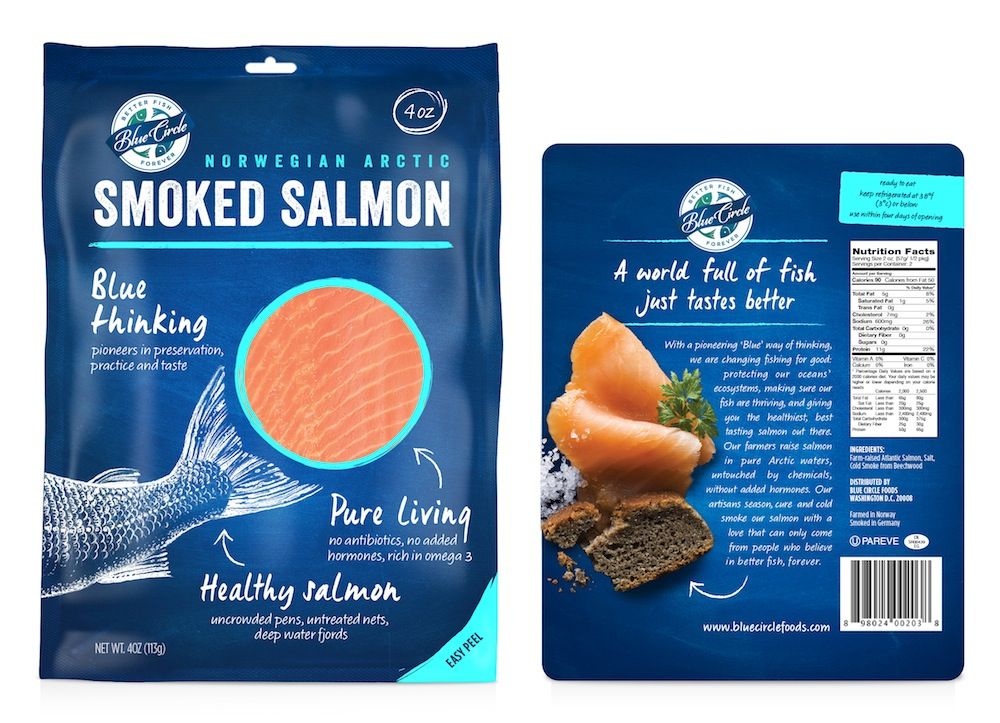
Note that this article is only about smoked salmon. If you want to know about regular, unsmoked salmon, then you might be interested in this article I wrote, covering all aspects of pregnancy and eating salmon.
Covered in this Article:
Is Hot Smoked Salmon Safe In Pregnancy?
Hot smoked salmon is safe for pregnant women to eat, whether fresh, frozen or canned.
This is because the salmon is smoked at a temperature high enough to cook the fish thoroughly during the smoking process (source: USDA).
Hot smoked salmon is opaque and should be labeled “hot-smoked”. If it’s home-smoked, the smoking temperature should have been above 160F / 71C for part of the smoking process.
Is Canned Smoked Salmon OK When Pregnant?
Canned smoked salmon, usually found on supermarket or shop shelves, is safe to eat in pregnancy. This is because the canning process requires pasteurization, or heat treatment at temperatures that kill bacteria (source: Science Direct).
The only rare exception would be if the tin is refrigerated in the shop or store (similar to fresh crab meat) which would suggest that it is not pasteurized.
Cold Smoked Salmon Saafety During Pregnancy
It’s important to distinguish between two main types of cold-smoked salmon. Shelf stable, and refrigerated, “ready to eat” types. The latter is far more common.
Shelf-Stable Cold Smoked Salmon in Pregnancy
Shelf-stable smoked salmon is usually safe for pregnant women.
“Shelf stable” is a food storage term used to describe ‘ambient’ goods, i.e. those presented on the shelf at room/shop temperature. This type of salmon is usually vacuum sealed in a box and is NOT refrigerated in the shop or store.
If the salmon is in a fridge when it’s sold and needs to be kept that way, then it’s not “shelf stable”. Shelf-stable goods usually need refrigeration only after they have been opened.
Avoid any smoked salmon, of any type, that has been improperly stored. Even if shelf-stable smoked salmon is deemed ‘safe’, it’s still susceptible to developing listeria if not refrigerated properly and eaten well within its use-by date (source: Virginia Tech).
Even if shelf-stable smoked salmon is deemed ‘safe’, it’s still susceptible to developing listeria if not refrigerated properly and eaten well within its use-by date (source: Virginia Tech).
Refrigerated “Ready to Eat” Smoked Salmon During Pregnancy
Now, let’s talk about the more common type – the ready-to-eat, refrigerated smoked salmon. This can come whole, or sliced, and is the type found in salads, sandwiches, bagels and many more places. It looks like the image below.
In the USA, the Food and Drug Administration advises pregnant women not to eat cold-smoked salmon (source: FDA). The UK used to disagree with this, but in September 2022 the British Food Standards Agency changed their advice following an ongoing outbreak of listeria. You can read more about their decision here.
This is the type of smoked salmon found refrigerated in delicatessens or supermarkets, whether packaged or not.
Pregnant women should avoid cold-smoked, ready-to-eat salmon unless it’s cooked.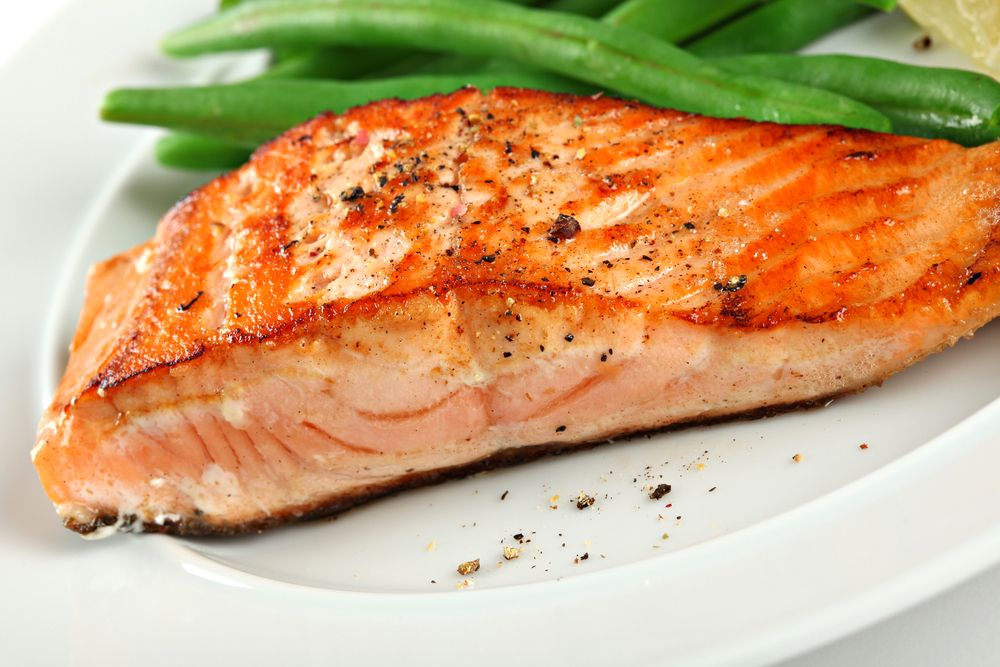 This is due to both the risk of infection from parasitic worms that may be present in fish that has not previously been frozen and also cross-contamination or poor storage which may cause listeria.
This is due to both the risk of infection from parasitic worms that may be present in fish that has not previously been frozen and also cross-contamination or poor storage which may cause listeria.
Cold-smoked salmon that carries the same risk may also be labeled as:
- Lox
- Gravadlax
- Smoked salmon candy
- Smoked salmon jerky
- Kippered salmon
- Nova lox
- Nova style
Many of these types of salmon are cured, but not cooked, so are still unsuitable for pregnant women.
Other common dishes you might come across that often contain cold-smoked (and potentially unsafe) smoked salmon are:
– In a bagel with cream cheese
– as part of an eggs benedict ‘royale’ (which is also unsafe due to the egg in Hollandaise sauce)
-On blinis or toasts as canapes or nibbles
-in salads, sandwiches, and wraps (often with cream cheese)
-on some pizzas where it is added late in the cooking process
-On top of sushi or as sashimi
However, if the cold-smoked salmon product is cooked through, for example, in a stew or casserole, then it is considered safe to eat.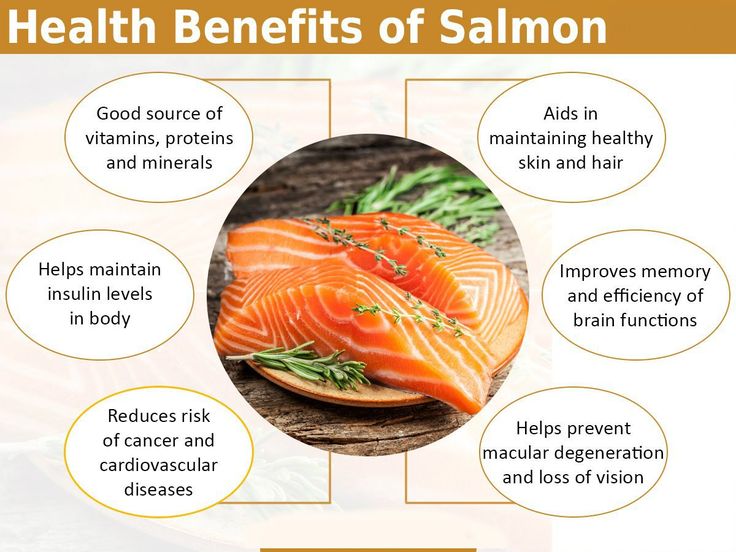
Smoked Salmon Pâté When Pregnant
Smoked Salmon Pate is not safe for pregnant women, either hot or cold smoked. All types of pâté carry the risk of listeria (source: Journal of Food Protection).
Also, exercise caution with smoked salmon spreads, dips or cream cheese flavors as this may contain unpasteurized ingredients and/or cold-smoked salmon pieces, all of which are unsuitable for pregnant women.
Smoked Salmon Sushi During Pregnancy
Sushi with smoked salmon in it should be viewed in the same way as any other slice of smoked salmon – if it’s cold-smoked and not cooked, it should be avoided.
However, a roll containing hot smoked salmon which has been cooked thoroughly would be a safe option to eat in pregnancy, provided it hadn’t been mixed with other ingredients that may be unpasteurized, like mayonnaise.
If you want to eat sushi safely during pregnancy, check our our ultimate guide to sushi – including a safe sushi list.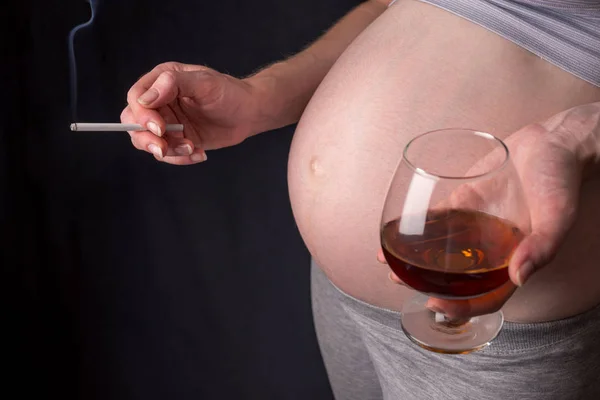
How Much Smoked Salmon Can I Eat Whilst Pregnant?
Although pregnant women are advised to eat fish regularly, pregnant women should not eat oily fish more than a couple of times a week, and this includes smoked salmon.
This is both due to a risk of mercury build-up and the potential for ingesting dioxins or polychlorinated biphenyls (PCBs) which have been found in farmed fish (source: NHS).
The concentration is usually higher in the fatty parts of the fish, which aren’t always used to produce smoked salmon.
For more on PCBs and other toxins that may be in salmon, you may want to read this article I wrote about how safe salmon is for pregnant women.
Smoked salmon is high in protein and contains a number of B vitamins as well as vitamin D (source: USDA).
However, the smoking process means that it’s high in salt/sodium, so should be eaten in moderation. An average portion of smoked salmon is about 40g, or about 2oz.
Oily fish is an important source of omega 3, which is essential in pregnancy, but there are probably healthier options for oily fish in pregnancy such as mackerel, herring, unsmoked salmon or trout.
Overall, it might be better to have smoked salmon perhaps once a week, and choose a different oily fish for your other weekly option.
I’m Pregnant and Ate Smoked Salmon by Accident – What Should I Do?
It’s worth reiterating that the risk of either a parasitic infection or listeria from smoked salmon is low, so don’t panic!
Foodborne illnesses usually show symptoms one to three days after eating the contaminated food (source: FDA).
If it’s been longer than this, and you feel fine, then it’s likely that the smoked salmon was not contaminated.
In rare circumstances, you may feel ill faster – within half an hour, or it may take up to six weeks for any sort of sickness to develop.
Food poisoning can often be confused with other similar problems (such as morning sickness) but if you have:
- nausea or vomiting
- abdominal pain,
- diarrhea
- fever
- flu-type symptoms
- aches or an unusual headache
after eating smoked salmon then consult your doctor or healthcare provider straight away.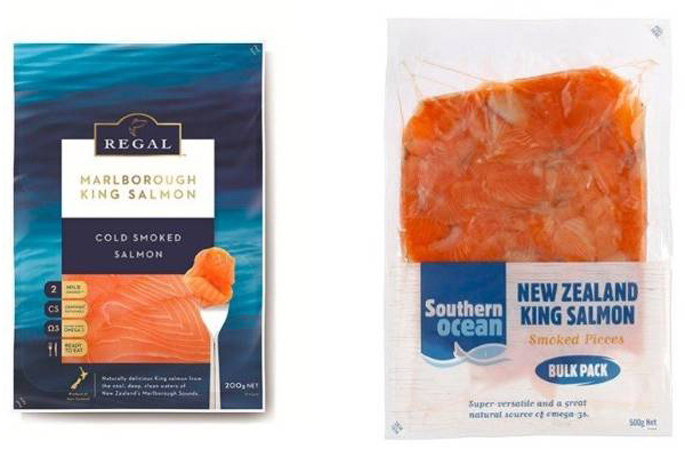 Let them know what you ate, and when. It’s always better to be on the safe side.
Let them know what you ate, and when. It’s always better to be on the safe side.
| This article has been reviewed and approved for publication in line with our editorial policy. |
Can pregnant women eat salmon?
The same salmon - someone says that it is incredibly useful for the expectant mother and fetus, someone's relatives say that it is absolutely impossible to eat it in this position. We offer once and for all to figure out and find out if it is possible for pregnant women to eat salmon?
Salmon for pregnant women - is it possible or not?
Salmon is a very popular nutritious fish, but how safe are salmon dishes for the expectant mother and child? The good news is that you can indulge in delicious fish, but with some restrictions. If you follow certain rules, then it will only benefit. nine0003
What are the benefits of salmon
- Salmon is rich in omega-3 fatty acids.
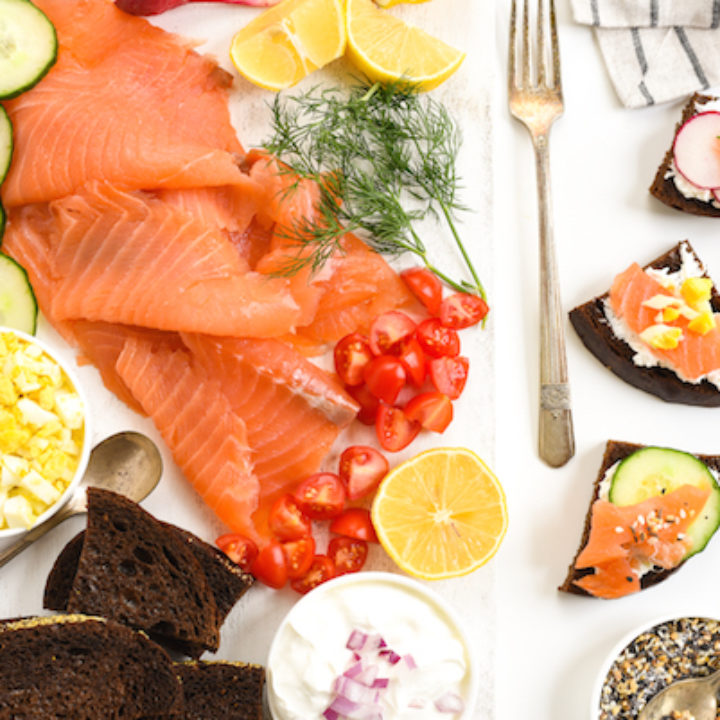 They have a positive effect on the cardiovascular system, vision, accelerate the neurological development of the fetus.
They have a positive effect on the cardiovascular system, vision, accelerate the neurological development of the fetus. - Proteins in its composition are important for muscle growth and recovery, and vitamins are responsible for normalizing blood pressure and increasing immunity.
- Representatives of the salmon family help regulate cholesterol levels, prevent blood clotting. nine0014 The high content of docosahexaenoic acid contributes to the normal development of the child's brain.
- It contains a huge amount of useful trace elements that help strengthen bone tissue, maintain the normal functioning of the thyroid gland, brain and nervous system.
- Helps reduce the risk of preterm birth.
Marine fish species are products with easily digestible protein. They are well digested, do not leave a feeling of heaviness. No wonder they are present in most healthy nutrition programs. It should be borne in mind that if before pregnancy you practically did not eat fish dishes, then it is better to start doing this gradually, without haste.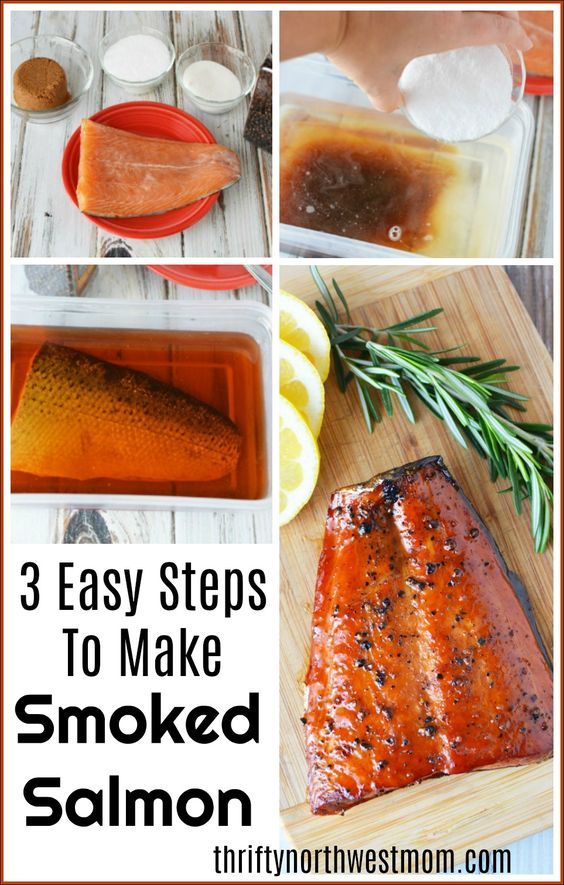 nine0003
nine0003
Salmon during early pregnancy
Salmon in early pregnancy is not on the list of prohibited foods. Moreover, he will provide invaluable assistance. The use of this fish has a positive effect on the development of the skeletal system of the fetus. It also contains folic acid, which is used during the first trimester as a prophylaxis against fetal malformations. Another positive effect of red fish in the early stages is the prevention of anemia. nine0003
Potential harm
Don't get carried away with eating salmon. Although it is a low-mercury fish, overconsumption of salmon during pregnancy can increase the amount of mercury in the body. It may also contain polychlorinated biphenyls (PCBs) that are harmful to the body.
To protect yourself, you need to use it in doses - in small portions and no more than a couple of times a week. Serving size - no more than 350 grams. nine0003
What is the best way to eat salmon
Everything is clear with the benefits of red fish, it remains only to figure out how to cook salmon for pregnant women so as not to harm yourself or your baby.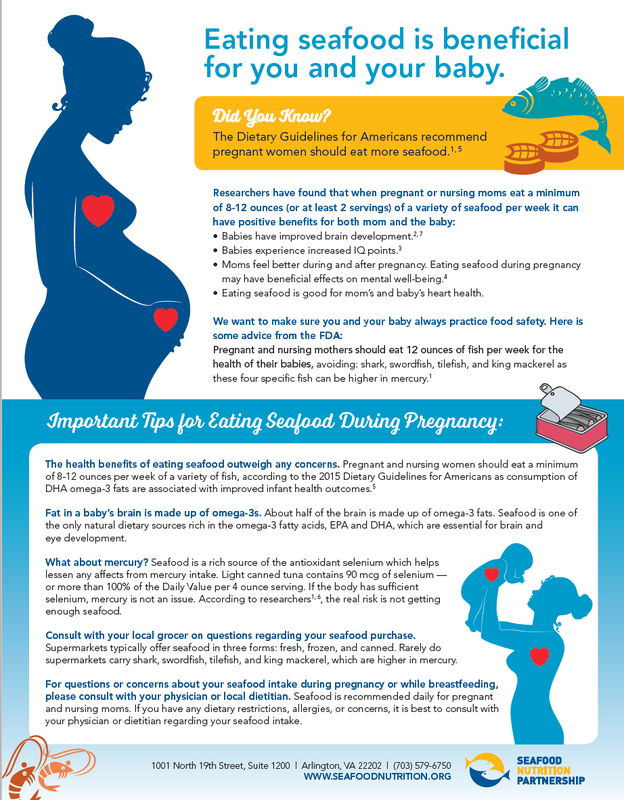 There are enough suitable options, so you can spoil yourself with a variety of dishes.
There are enough suitable options, so you can spoil yourself with a variety of dishes.
- Steam. One of the most suitable ways, because steaming allows you to save all the vitamins and minerals. To make the salmon fillet as tasty as possible, you can first marinate it a little in olive oil with the addition of your favorite spices and lemon juice. nine0015
- In the oven. Another successful cooking method that allows you to save all the useful substances. The fish itself turns out to be fragrant and with a pleasant rich taste, baked salmon is very useful for pregnant women. To keep the fillet juicy, you can cook it in foil. You can also cook fish cakes in the oven.
- Cooking. Based on salmon, you can cook rich tasty broths. And already use them for making healthy soups.
If you want to taste a fried salmon steak, it is better to refuse such an idea. Nevertheless, during the frying process, harmful carcinogenic substances are formed in the product; such salmon for pregnant women cannot be called useful.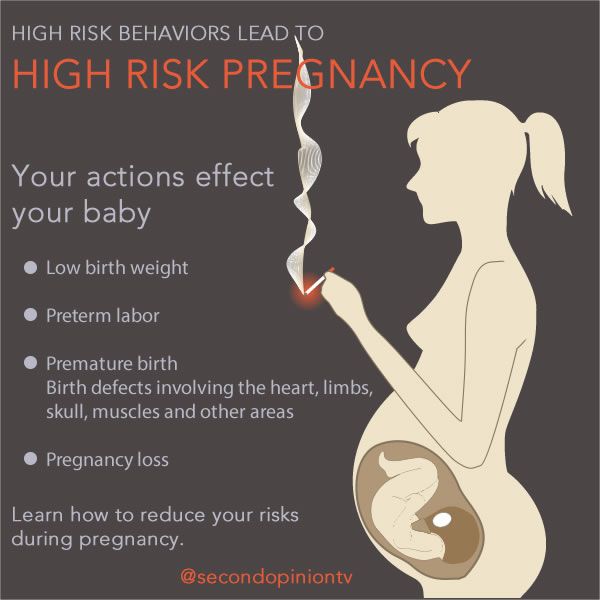 nine0003
nine0003
Which salmon is harmful during pregnancy
- Raw salmon is strictly prohibited for pregnant women. The product may be a source of dangerous viral, bacterial or parasitic infections. Listeria, for example, can cause premature birth, miscarriage, or meningitis. So no sashimi, rolls or tartare.
- Is smoked salmon allowed for pregnant women? No, pregnant women should not take cold-smoked salmon. It belongs to the list of prohibited products. It is smoked at temperatures up to 32℃, which is why it is not fully cooked. So smoked salmon carries serious risks for mother and child. nine0015
Is lightly salted salmon allowed during pregnancy? Not everything is so clear here. At the beginning of pregnancy, you often want salty, lightly salted fish helps to cope with such cravings. But there is another side of the coin.
But you need to understand that in the later stages, foods high in sodium increase the risk of preeclampsia, increase swelling.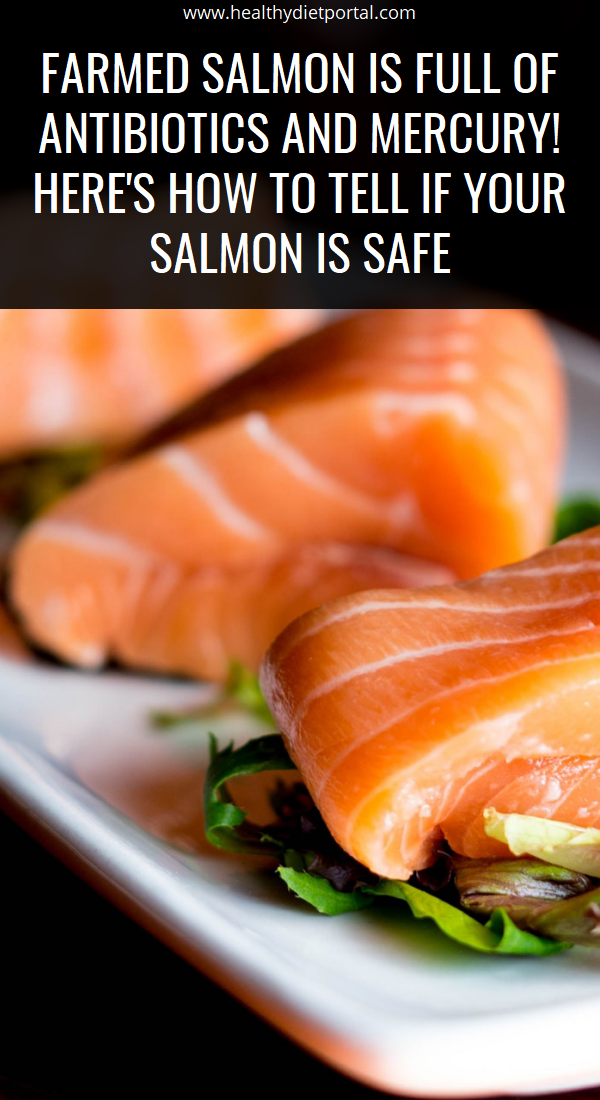 So, if you eat salted salmon, then only in the early stages and very dosed - a serving should be no more than 60 g. Salty foods are contraindicated if you are prone to puffiness, suffer from toxicosis, have problems with the kidneys, liver or high blood pressure. nine0003
So, if you eat salted salmon, then only in the early stages and very dosed - a serving should be no more than 60 g. Salty foods are contraindicated if you are prone to puffiness, suffer from toxicosis, have problems with the kidneys, liver or high blood pressure. nine0003
How to choose the right salmon
- Fillet color should not be uniform or too bright. In salmon, it is pink with white streaks.
- Scales must be shiny, no mucus allowed.
- The eyes should be light and bright. Sunken eyes indicate that the product has been stored for a long time.
As you can see, in many cases, sea fish is quite suitable for pregnant women. But only if it is of impeccable quality. This is the kind of salmon you can buy at Frost Fish. nine0003
Back to list
Pregnancy salmon: raw, slightly salted, smoked
December 17, 2018 During the period of expectation of a baby, a woman makes every effort to maintain a proper diet. Salmon during pregnancy seems to be a healthy dish, but is it fraught with dangers? What is the probability of accumulation of mercury by fish, whether there is salmon with carcinogenic properties, we will tell in the article.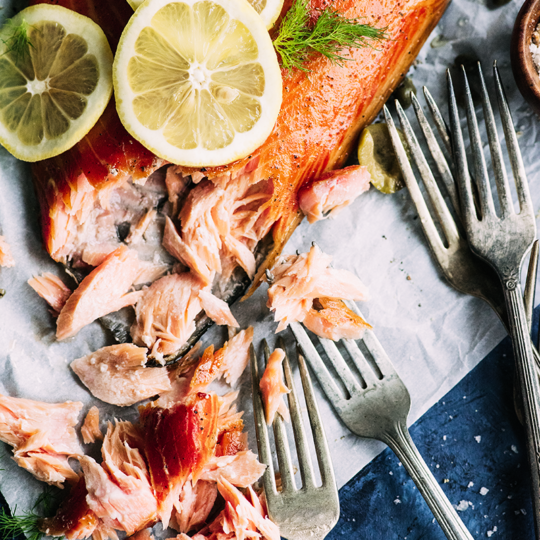
Can pregnant women eat salmon?
Salmon is a fish that belongs to the salmon family. This category includes such types of fish as pink salmon, salmon, sockeye salmon. This fish is extremely useful for every person, and a pregnant woman is no exception. What are the benefits of salmon? nine0003
- Large amount of easily digestible protein
- Omega 3 fatty acids - good for heart and vascular health, reduce the likelihood of depression, reduce the risk of eye diseases, strengthen immunity during the cold season
- Vitamin D - maintains a healthy appearance of the skin, together with Omega 3 acts as an anidepressant
- Iodine - supports the functioning of the thyroid gland
- Phosphorus - participates in the formation of bone tissue in the fetus nine0014 Calcium - strengthens bone tissue
- Selenium - supports the functioning of the thyroid gland, activates the immune system, helps to absorb iodine
- B vitamins, including folic acid - support brain and nervous system function
- Potassium - reduces the risk of stroke, normalizes blood pressure
- Astaxanthin - reduces "bad" and increases "good" cholesterol, improves skin elasticity
- Tryptophan - improves mood
Salmon, unlike other marine fish, almost does not accumulate mercury.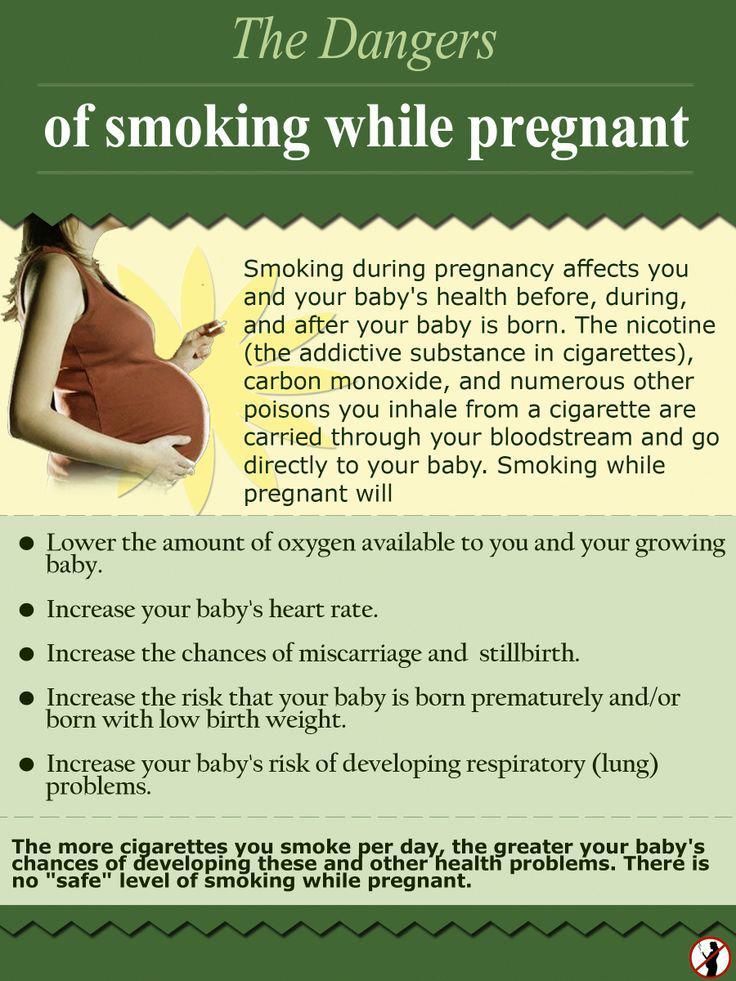 Salmon for pregnant women is better to cook without the use of salt, then it has practically no harmful properties.
Salmon for pregnant women is better to cook without the use of salt, then it has practically no harmful properties.
Pregnant women should not eat salmon:
- Raw
- Smoked and fried
- Canned
- If allergic to product
- Poor quality - for example, avoid buying bright red salmon, most likely there is dye in the fillet
Find out more about eating red fish during pregnancy.
Salmon in early pregnancy
Salmon is permitted during the entire period of pregnancy, even in the very early stages. The use of salmon has a good effect on the skeletal system of the fetus. Folic acid, which is part of the product, is indicated for use during the entire 1st trimester of pregnancy as a prevention of fetal malformations. In addition, salmon dishes are a good prevention of anemia. nine0003
It is better to eat salmon in a baked form - this way all its useful properties (vitamins, omega 3 fatty acids) are preserved, while there are no risk factors for expectant mothers - salt and preservatives.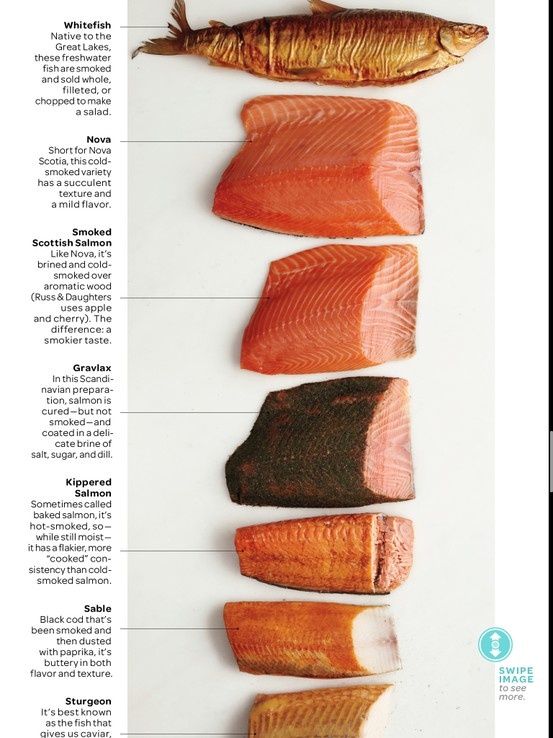 Raw salmon should not be consumed by pregnant women due to the risk of infestation.
Raw salmon should not be consumed by pregnant women due to the risk of infestation.
How to cook salmon for pregnant women?
It is better for pregnant women to subject salmon to heat treatment - steam or bake.
Frying is not recommended not only because of the high content of fat in the dish - during frying, carcinogenic substances are formed in the product. nine0003
Canned and salted salmon contain a lot of salt, which can cause swelling during pregnancy.
Smoked salmon is the most harmful form of cooking salmon. During smoking, carcinogens are formed in fish.
An excellent variant of the dish is salmon baked in foil.
- Salmon fillet or steak - 5 pcs.
- Potato - 6 tubers.
- Dill. parsley - to taste.
- Lemon - 1 pc. nine0014 Salt - to taste.
Cooking step by step:
- Peel and cut potato tubers into slices no thicker than 1.5 cm.
- Spread the potatoes in a layer on the foil, season with salt.

- Put salmon fillet or steak on potatoes, lightly salt.
- Place thinly sliced lemon and herbs on the salmon.
- Wrap the dish in foil, poke a few holes for steam to escape.
- Wrap remaining salmon pieces in foil in the same way. nine0015
- Cook in the oven at 200 gr. Within 20 minutes.
Baked salmon will not harm pregnant women, but will only bring benefits.
Lightly salted salmon during pregnancy
There is no definite answer to the question whether it is possible for pregnant women to lightly salted salmon. On the one hand, all useful substances are preserved in lightly salted fish, on the other hand, salt is added, which affects the functioning of the heart and the state of blood vessels. An increased amount of sodium is especially undesirable in the second half of pregnancy, when the risk of edema is increased. nine0003
From this it follows that lightly salted salmon is best consumed in doses in the first half of pregnancy.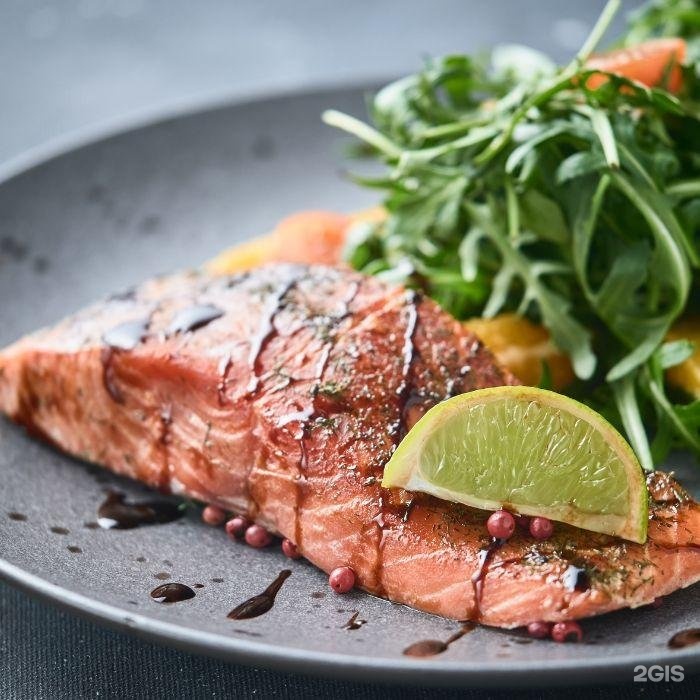 Details about salted fish during pregnancy.
Details about salted fish during pregnancy.
Can pregnant women eat smoked salmon?
With regard to smoked salmon, the answer is unequivocal - it is not recommended for pregnant women for several reasons.
First, smoked salmon contains nitrates and nitrites, by-products of smoking. The danger is that they can turn into carcinogenic N-nitroso compounds in the body. Eating smoked foods increases the risk of developing cancer. nine0003
Secondly, smoked salmon contains a lot of salt - it is used for marinade before smoking. 100 grams of smoked salmon contains up to 560 grams of sodium (with a daily allowance of up to 25 grams).
Thirdly, cold-smoked salmon is not recommended for pregnant women due to the high risk of parasites in it. The temperature of cold smoking is not sufficient to kill listeria, bacteria that cause severe poisoning. For a healthy person, they do not pose a great danger, but in a pregnant woman they can cause the most serious consequences.